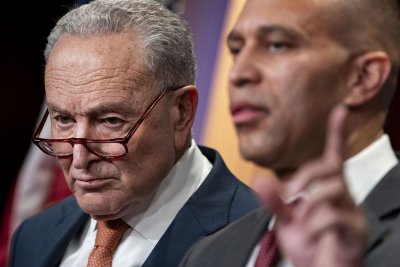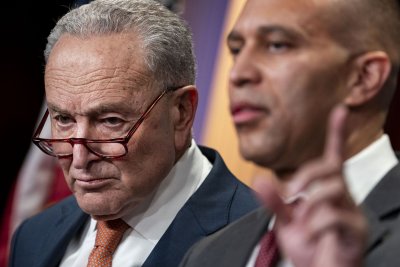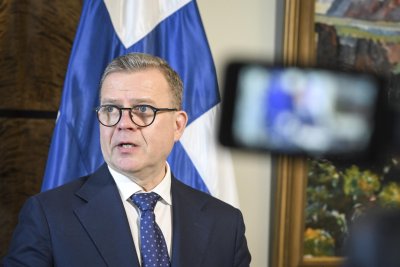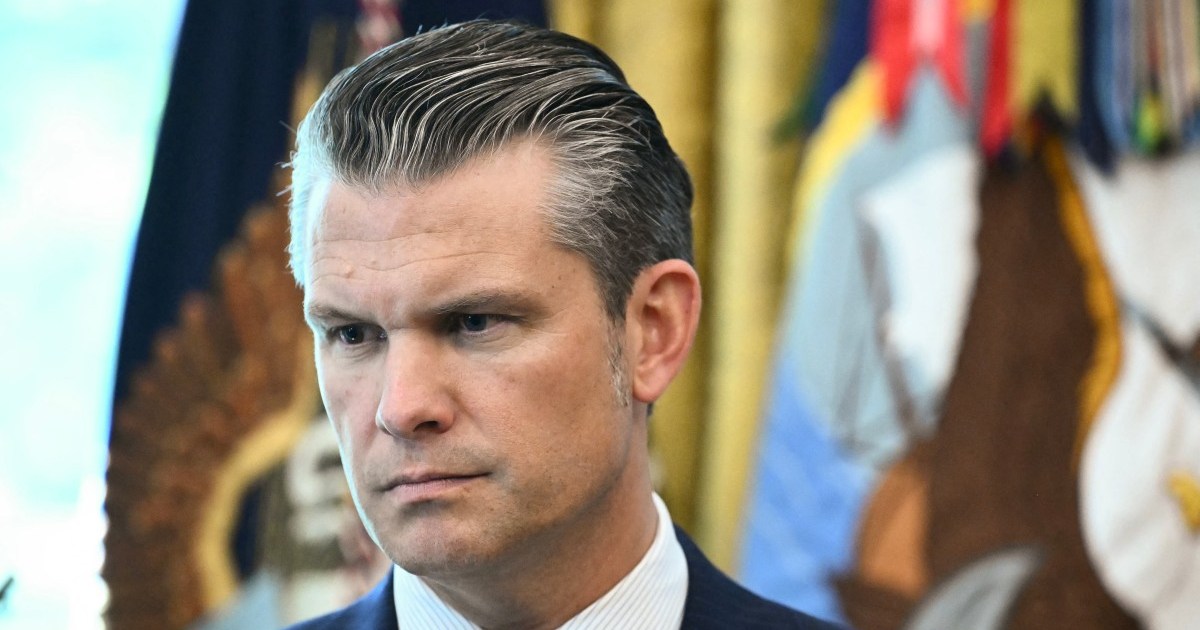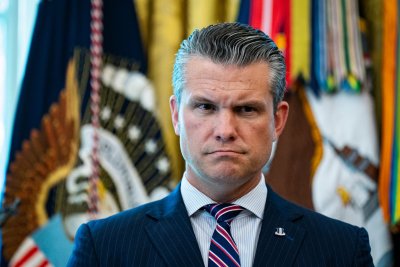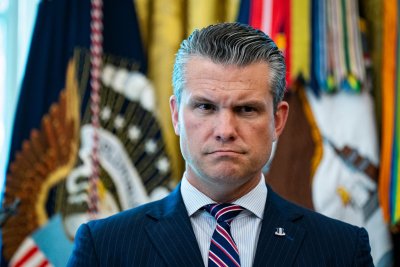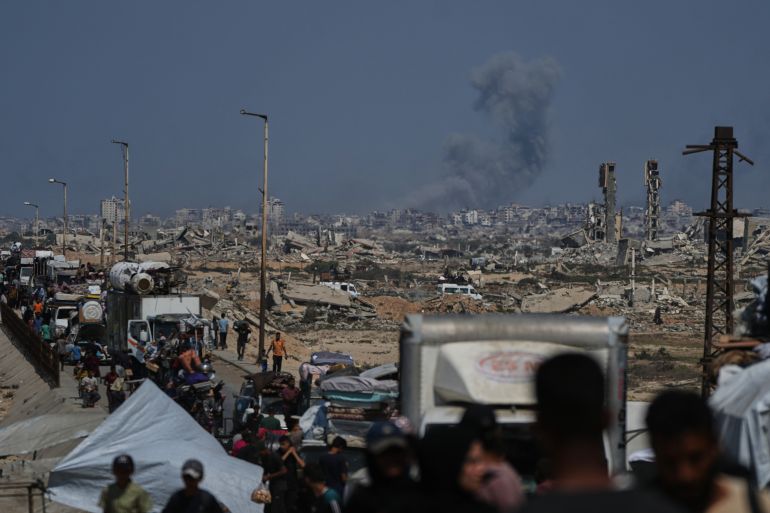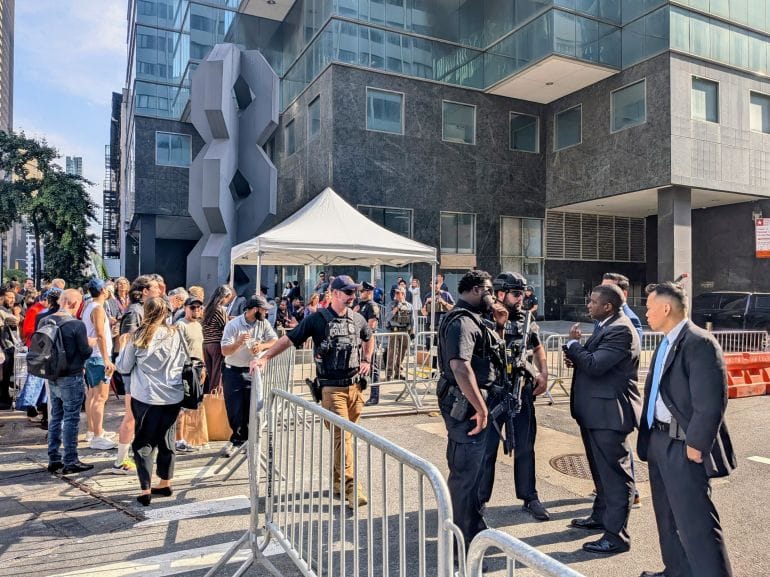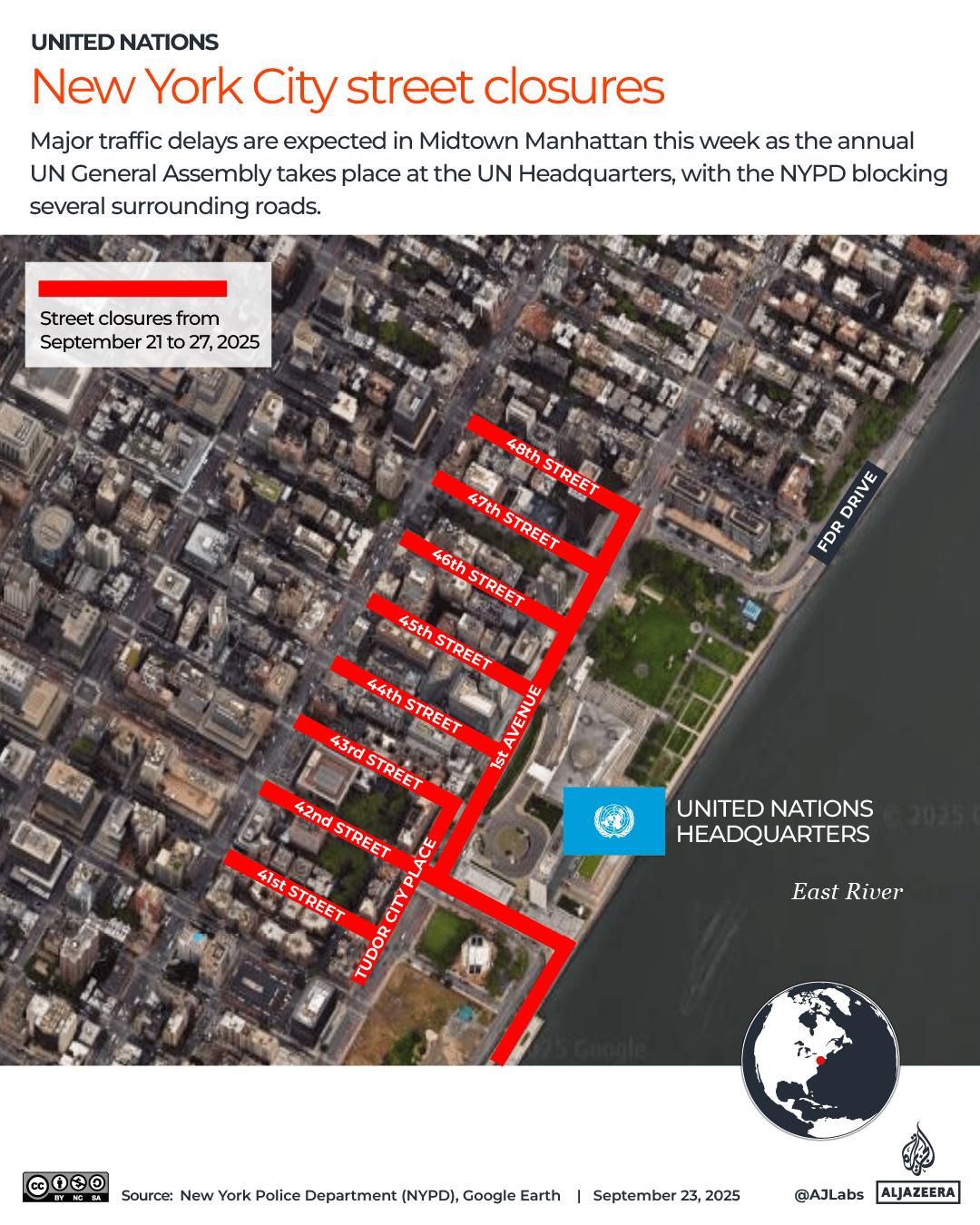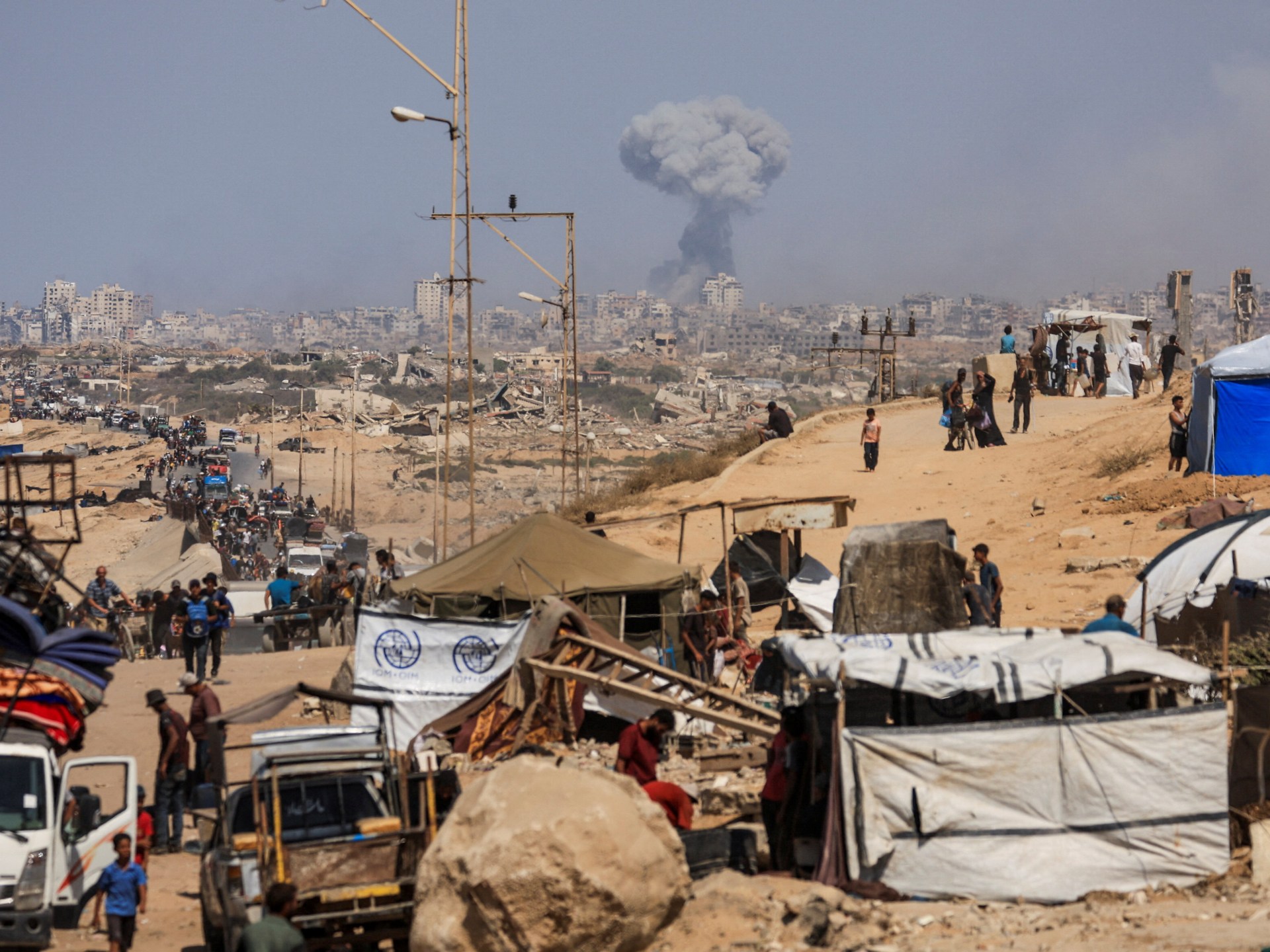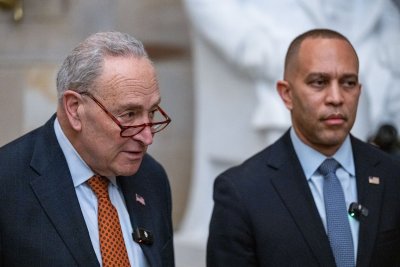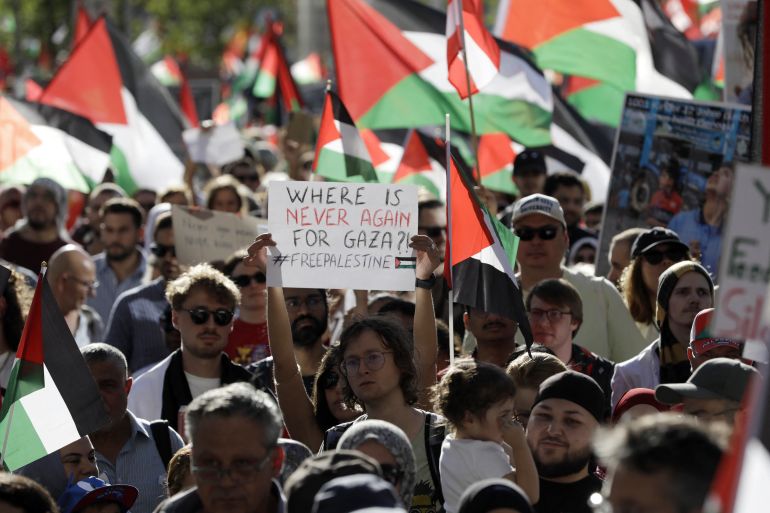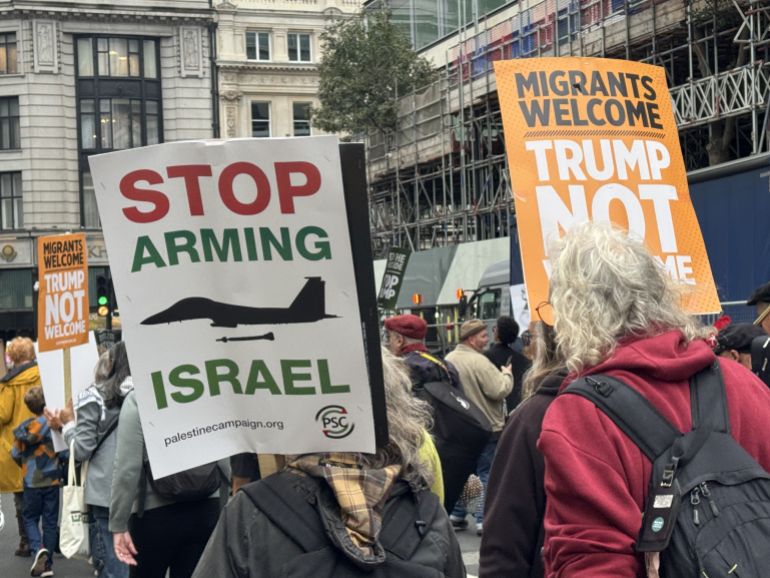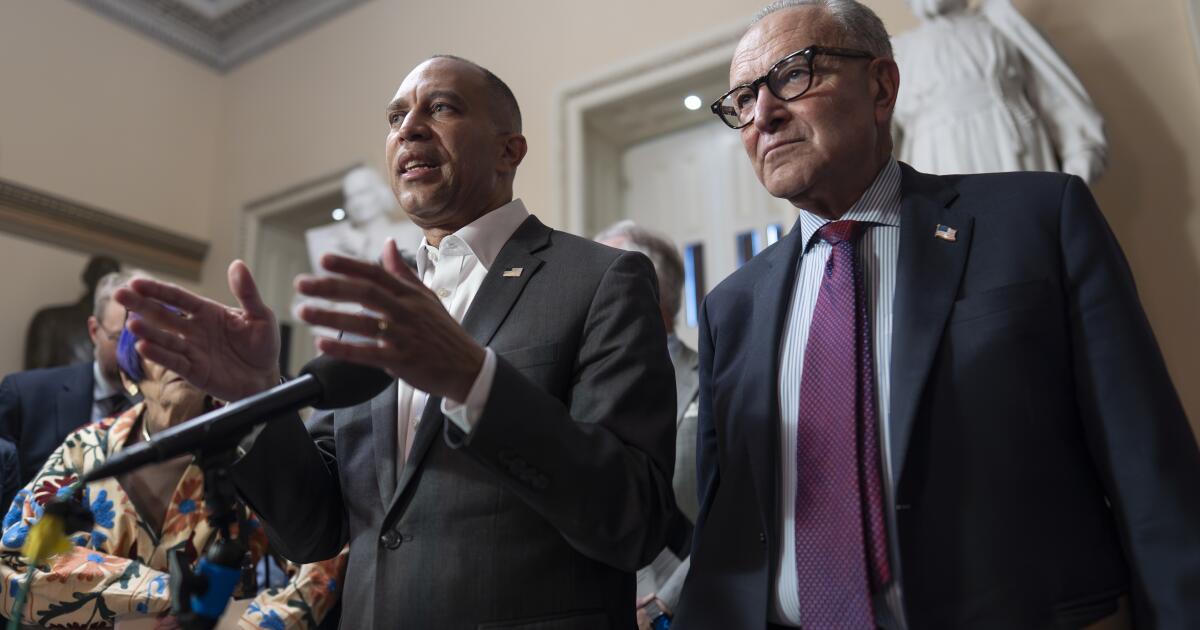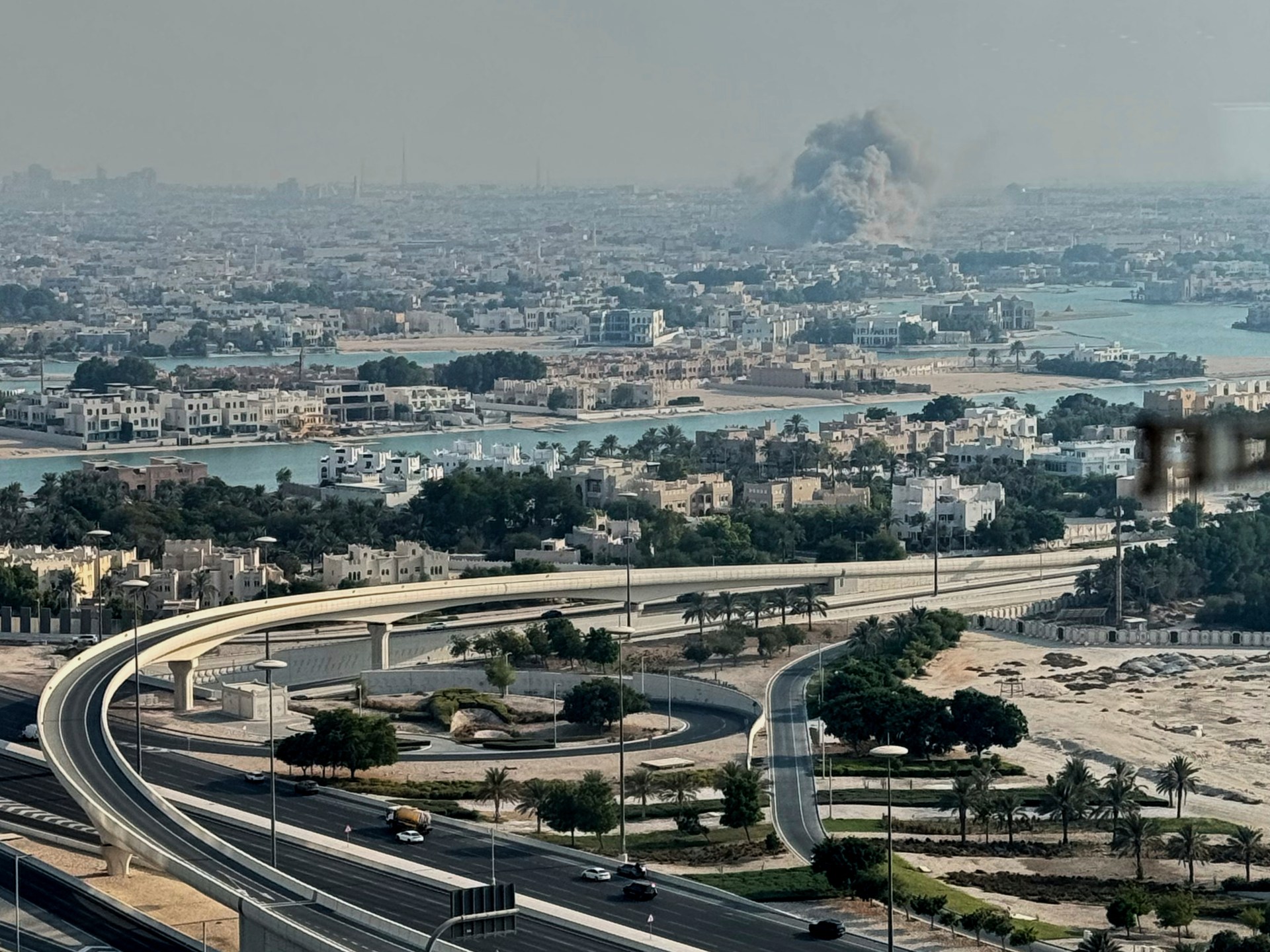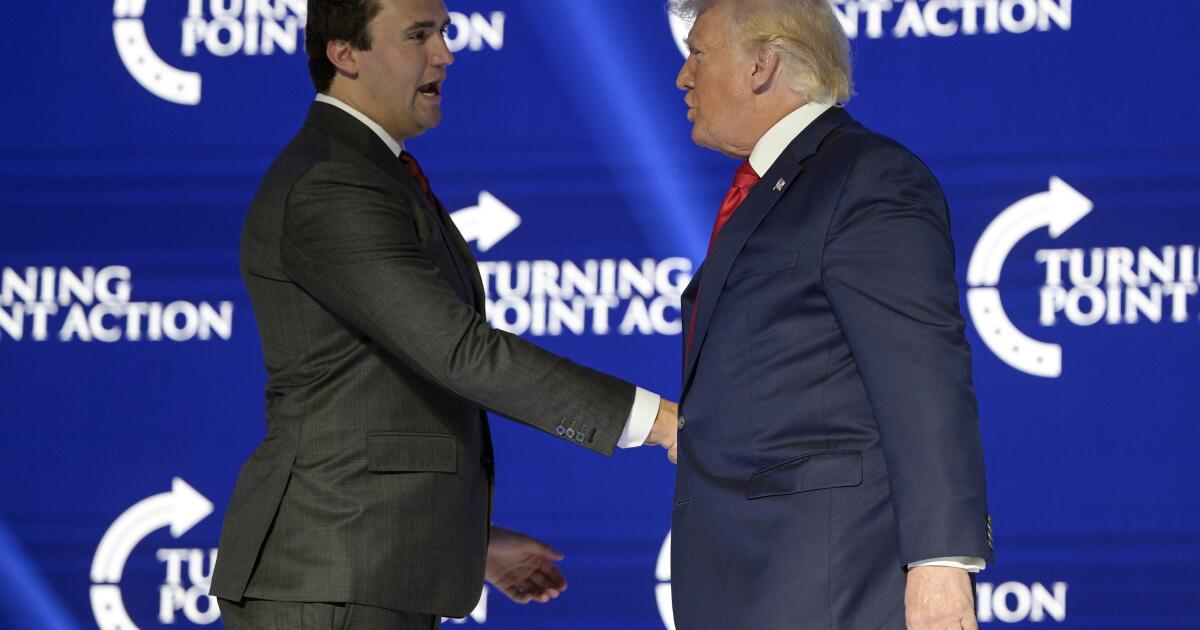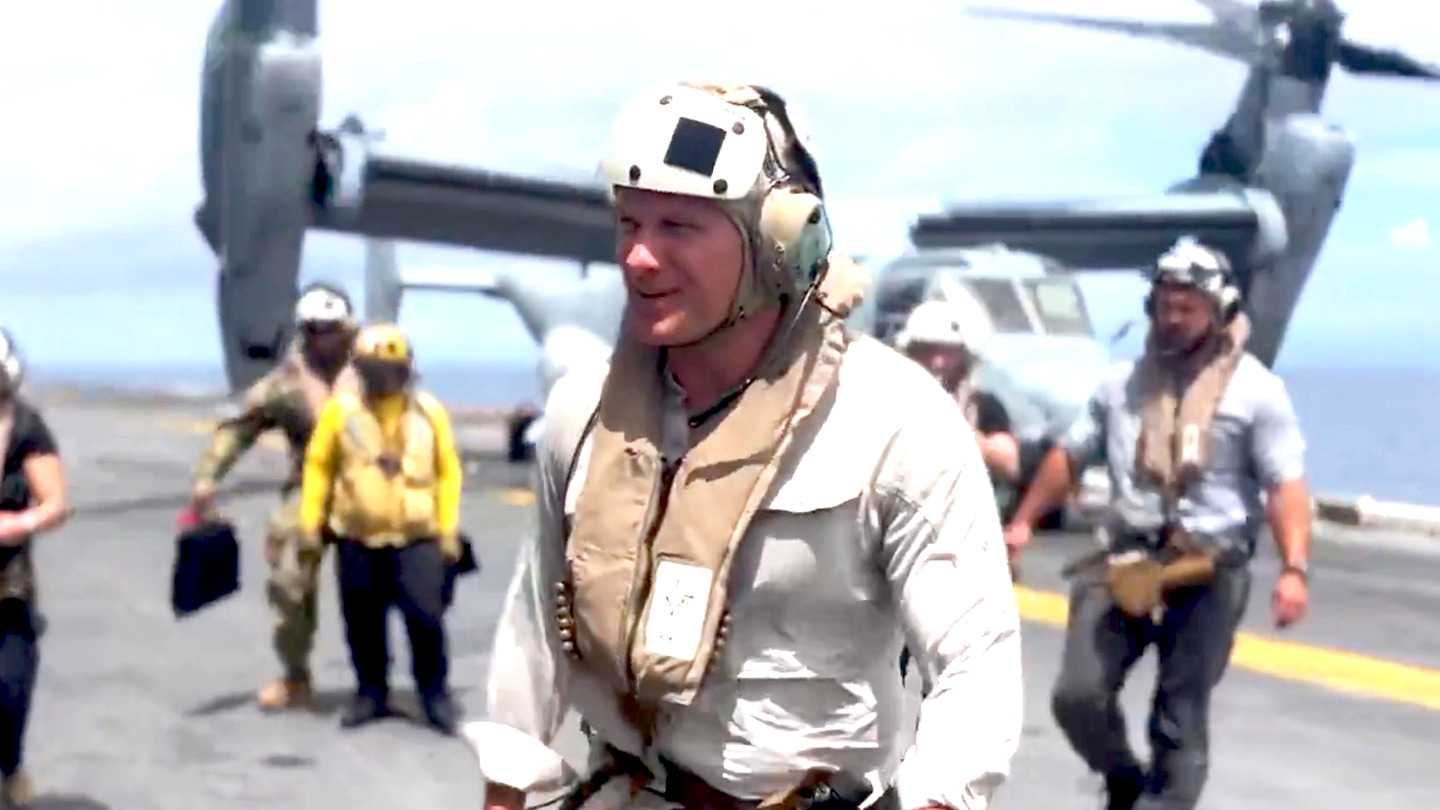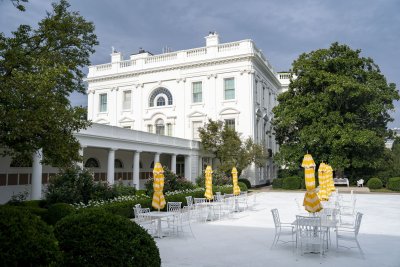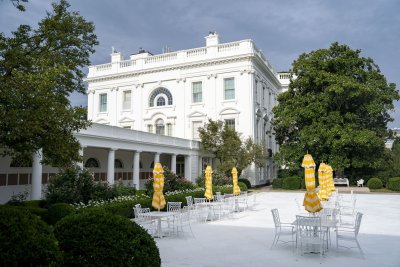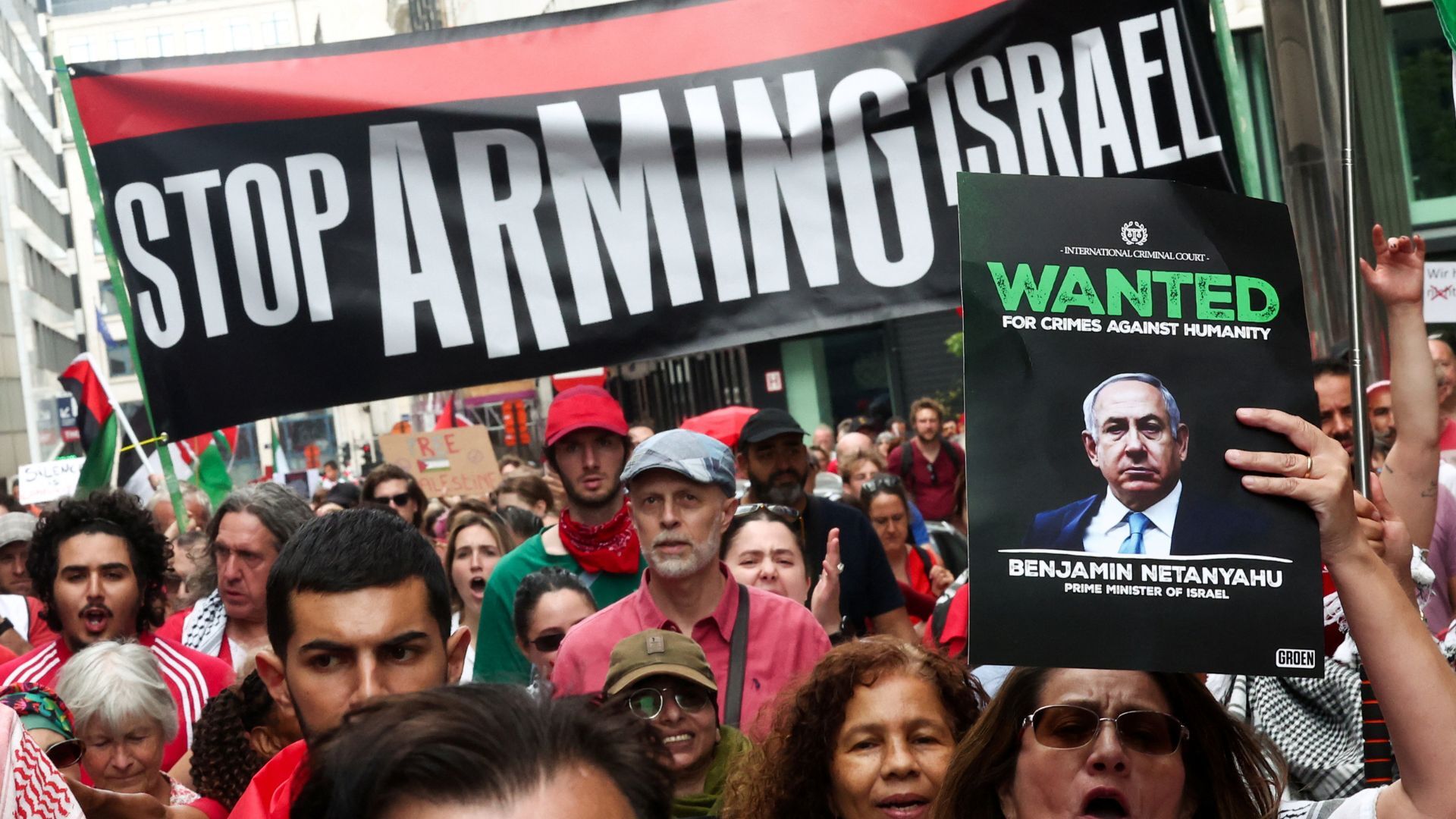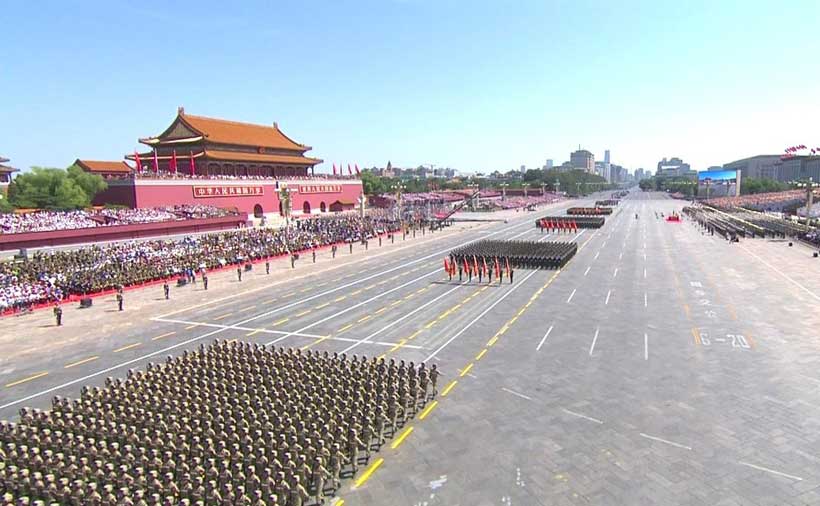Recently, EU foreign policy chief Kaja Kallas said that US support for “everything that the Israeli government is doing” limits the EU’s leverage to change the situation on the ground in the Gaza Strip.
Subsequently, European Commission President Ursula von der Leyen, proposed sanctions to Israeli ministers and partial suspension of Israel trade deal. On Wednesday, the EU Commission’s review discovered – after 21 months of mass atrocities in Gaza and violent pogroms in the West Bank – that actions taken by the Israeli government in the Palestinian-occupied territories represent a ‘breach of essential elements relating to respect for human rights and democratic principles,’ which permits the EU to suspend the agreement unilaterally.
Recently, these sentiments were reinforced with the recognition of the state of Palestine by U.S. allies – the UK, Canada and Australia – and more recently by France.
Observers of Brussels declared that the EU had become tough on genocide. In reality, it was a last-minute effort by the two EU leaders to fuse rising outrage against EU’s Gaza policies and charges they were complicit in Israel’s atrocities.
How Kallas emboldened Israel in Gaza
Addressing the annual EU Institute for Security Studies (EUISS) conference in Brussels, Kajas said that US backing of Israel undermines EU leverage to stop the “Gaza war.” Yet, the United States has supported Israel for more than half a century.
“We are struggling because 27 member states have different positions,” on the issue, Kallas explained. “Europe can only use full force when it acts together.” In this way, accessorial complicity is first deflected to Washington and then attributed to the absence of European unity, which Kallas has long called for, to confront Russia. In other words, the EU Gaza apology was a thinly-veiled effort for a plea to unity Kallas hoped to turn against Russia in Ukraine.
When asked about “double-standard” accusations towards the bloc on its Gaza policy, Kallas said it is not true that the EU is inactive on Gaza. Yet, previously she had opposed intervention in Gaza. In mid-July, Kallas and the foreign ministers of the EU member states chose not to take any action against Israel over alleged war crimes in the Gaza war and settler violence in the West Bank.
The then-proposed sanctions against Israel would have included suspending the EU-Israel Association Agreement, suspending visa-free travel, and blocking imports from Israeli settlements. This decision emboldened the Netanyahu cabinet, which saw the EU’s decision not to impose sanctions on Israel as a diplomatic victory. It also led UN Special Rapporteur Francesca Albanese to conclude that EU officials like Kallas were complicit in Israeli war crimes in Gaza.
The EU is Israel’s biggest trading partner, accounting for a third of Israel’s total trade in goods with the world in 2024, whereas Israel is only the EU’s 31st largest trading partner. Consequently, the EU could easily have sanctioned Israeli trade right after the first genocidal atrocities in late 2023, yet it chose not to. Why?
How von der Leyen undermined EU’s credibility
Von der Leyen has a track-record of intimate relations with Israel. It was a source of controversy already before the Gaza catastrophe. On the 75th anniversary of Israel’s independence, half a year before October 7, 2023, she referred to Israel as a “vibrant democracy” in the Middle East that made “the desert bloom.” These remarks were criticized as racist by the foreign ministry of the Palestinian Authority because they erased the history of Palestinians in what is today Israel.
After the Hamas offensive, von der Leyen was criticized by EU lawmakers and diplomats for supporting Israel and not calling for a ceasefire. A week after October 7, she rushed to visit Israel to express solidarity, even as the Netanyahu cabinet spoke openly on the coming destruction of Gaza, and the ethnic cleansing of Palestinians. Then-EU foreign policy chief Josep Borrell criticized her for the pro-Israeli stance which “had a high geopolitical cost for Europe.”
The visit and the rhetoric also sparked furor among 841 EU staff who signed a letter to von der Leyen criticizing her stance on the conflict. In their view, the commission was giving “a free hand to the acceleration and the legitimacy of a war crime in the Gaza Strip” and warned that the EU was “losing all credibility and the position as a fair, equitable and humanist broker.”
In reality, that credibility has eroded for years. By the early 2020s, more than 800 European financial institutions, including Europe’s most luminous financial giants, had financial relationships with over 50 businesses that were actively involved with Israeli settlements.
Why the belated moral outrage
Recently, the European Commission presented a proposal for tougher measures against Israel to the European Union, which featured suspending parts of the EU-Israel trade agreement and sanctioning Israeli far-right ministers and some West Bank settlers, along with Hamas leadership. These measures are very much in line with the EC chief’s previous warning. But why do they come only now – after 21 months of genocidal atrocities, the obliteration of Gaza and a quarter of a million killed or injured Palestinians?
A qualified majority vote among EU governments will still be required to pass the measures, with the support of at least 15 of the 27 EU members representing two-thirds of the EU population.
Moreover, von der Leyden’s Gaza criticism was carefully calculated to limit the scope of possible sanctions. “Man-made famine can never be a weapon of war,” she said. “For the sake of the children, for the sake of humanity – this must stop.”
Yet, Israel’s weaponized famines did not start few weeks ago. They date from the 2006 Palestine democratic election, which was won by Hamas in both Gaza and the West Bank. It led to Israel’s blockade, which was supported by the U.S. and the EU, and the Israeli-manufactured famine, designed to starve Gaza. The blockade paved the way to almost two decades of impoverishment, hunger, unemployment and thus to October 7, 2023. But it did not trigger condemnations by von der Leyden or the then-EU leaders.
Worse, the world witnessed the first starving victims in Gaza already in spring 2024. Yet, neither von Der Leyden nor other European leaders demanded the end to Israel’s actions at the time. And by the turn of 2023/24, still another famine way ensued, with similar silence in Brussels. It was only the third wave of famine in mid-2025 that changed their views. But why?
“What is happening in Gaza,” von der Leyden said, “has shaken the conscience of the world… These images are simply catastrophic.” That was the difference: not the realities of weaponized famines, which the world had witnessed for almost two decades in Gaza, but the images.
As those photos of starved bodies, particularly of children and babies, could no longer be halted or sidelined in international media, EU politicians, pushed by their constituencies, were compelled to act.
What European leaders chose not to do
It was when the European leaders were charged for accessorial complicity that von der Leyden and Kallas reacted. What the former proposed was “a package of measures” against Israel over its ongoing genocidal assault on Gaza. Or as she put it – and let’s italicize the key terms – “We will propose sanctions on the extremist ministers and on violent settlers. And we will also propose a partial suspension of the Association Agreement on trade-related matters.”
The EU would not use its full arsenal to change Israel’s conduct. It would only go after a few ministers of the Netanyahu cabinet, but not the cabinet itself, even though most of its members had been complicit to the Gaza catastrophe with some supporting even harsher measures, including “nuking” Gaza.
Similarly, the EU would only go after a few token settlers, not the illegal settlements that now house up to 750,000 Jewish settlers. Nor would the EU go after hardline Israeli politicians and civil administrators who have been preparing the incorporation of the West Bank into the pre-1967 Israel since their electoral triumph in late 2022.
The ties between Israel and the United States have expanded from hedging and strategic partnership into a virtual symbiosis. Since 1950, Israel has received more than $120 billion in U.S. aid, most of it in military aid; after October 7, this aid has soared up to $23 billion. But Washington is not Israel’s only ally. In the past half a decade, only three countries—the US (66% of Israel’s total arms imports), Germany (33%) and Italy (1%) —have supplied most of Israel’s arms.
Several other European countries have supplied vital military components, ammunition and services, including the UK, France and Spain. Meanwhile, small EU members like the tiny Finland are increasingly reliant on Israeli arms imports.
The elevated arms transfers reflect the contested European shift toward rearmament, at the expense of welfare and social services – despite the soaring challenges of aging demographics and climate change.
Genocide investigation against von der Leyen
Both Washington and Brussels are complicit to mass atrocities, due to their arms exports to Israel and financing through military aid, not to mention diplomatic and intelligence support. Article 3 of the Genocide Convention defines the crimes that can be punished under the convention, and these crimes include complicity.
In May 2024, the Geneva International Peace Research Institute (GIPRI), an NGO with UN consultative status, requested an investigation against the EC president, Ursula von der Leyen, for complicity in war crimes and genocide against Palestinian civilians. Her complicity was attributed to “violations of Articles 6, 7 and 8 of the Rome Statute by her positive actions (military, political, diplomatic support to Israel) and by her failure to take timely action on behalf of the European Commission to help prevent genocide as required by the 1948 Genocide Convention.”
According to Professor William Schabas, perhaps the leading scholar of genocide, ”von der Leyen is clearly reflecting a position taken by many EU-governments, which is one of very unconditional support of Israel, and they’re doing this flying in the face of public information suggesting that Israel is committing terrible crimes in Gaza and the West Bank.”
The issue with too many European leaders is no longer only the crime of complicity, but also the concerted effort to deny that Israel’s crimes and atrocities against Palestinians constitute genocide. Such denials should be seen as a form of “incitement” to hatred and violence, condemned by the Genocide Convention.
Legal efforts to go after genocide complicity entered a new stage recently, when a group of lawyers filed a criminal complaint against German Chancellor Friedrich Merz, key government officials and arms trade executives on Friday. A dozen high-ranking officials of the former and current German government and CEOs of arms manufacturers were accused of aiding and abetting Israel’s genocide in Gaza, by the European Legal Support Center (ELSC). “Given the undeniable, genocidal consequences of this support, we seek to hold them accountable,” said Nadija Samour, ELSC’s senior legal officer.
Recently, Spanish Prime Minister Pedro Sánchez noted that “what we’re now witnessing in Gaza is perhaps one of the darkest episodes of international relations in the 21st century.”
Tragically, the European leaders share full accessorial complicity in the decimation of Gaza and the genocide of its residents, plus the incorporation of the West Bank – that is, the massive moral collapse that is likely to cast a long, dark shadow over the 21st century because what has happened in Gaza is likely to be replicated elsewhere, with even more lethal results.
Author’s note: Building on The Obliteration Doctrine, the original commentary was published by Antiwar.com on September 23, 2025.
